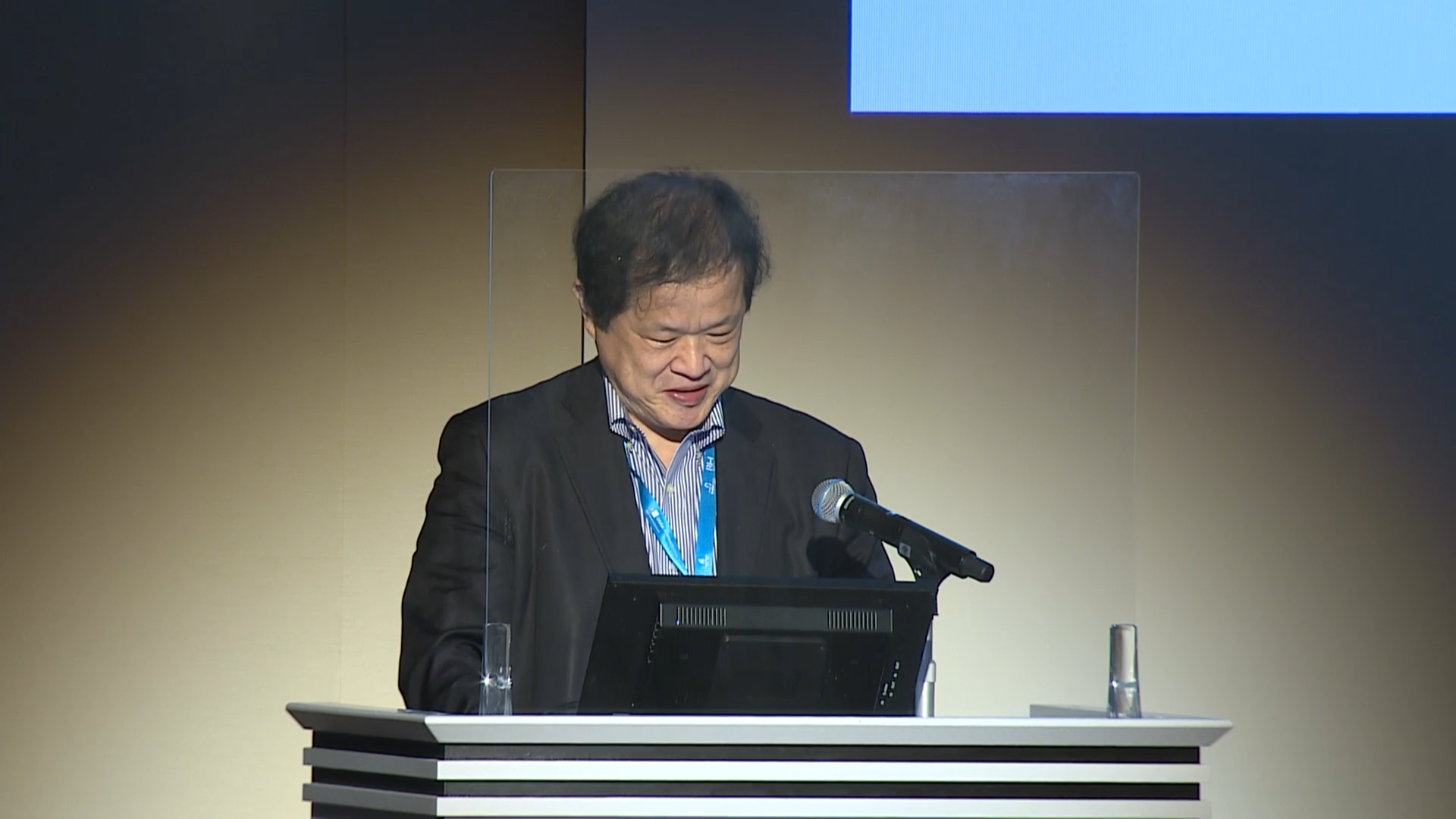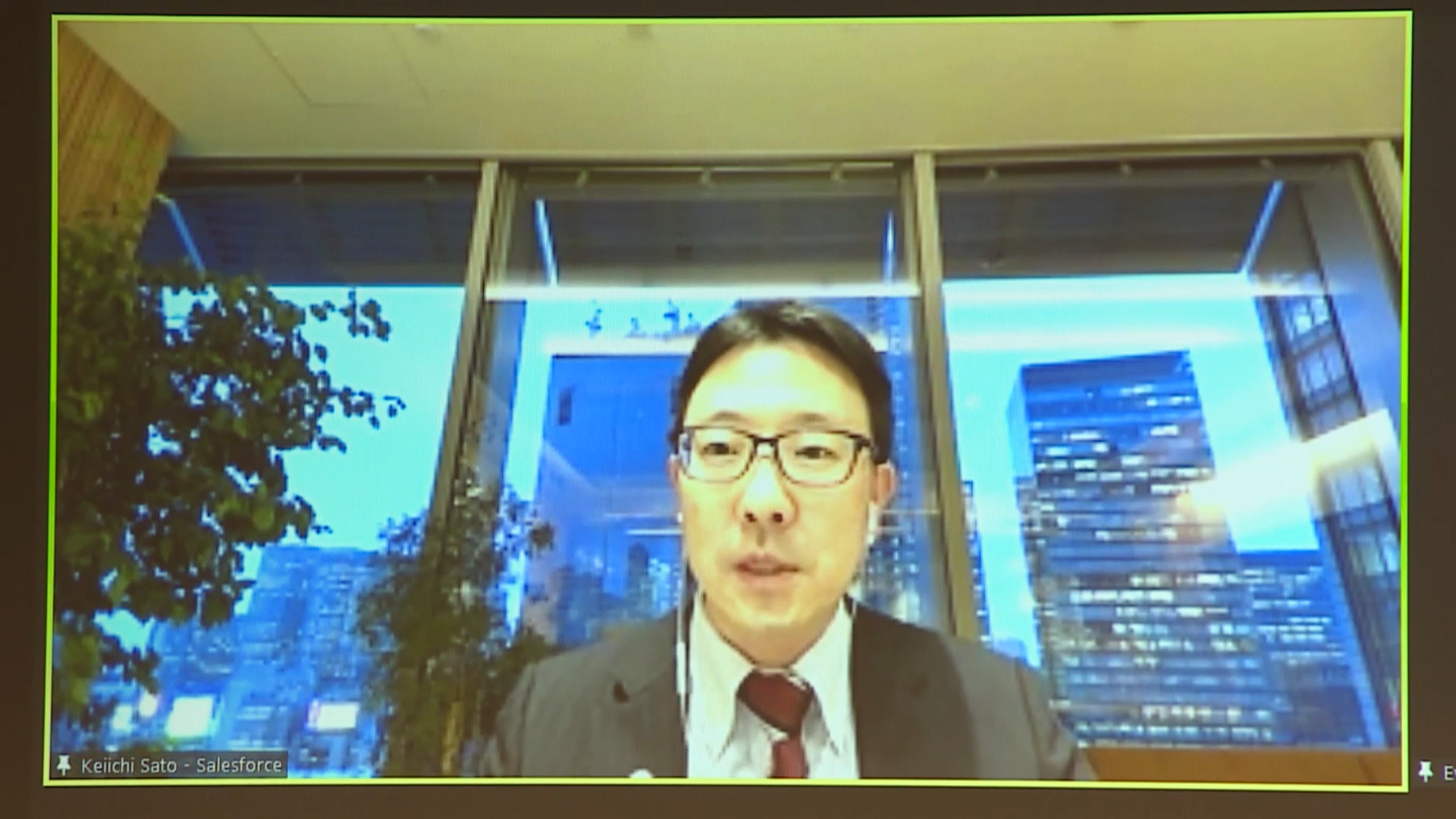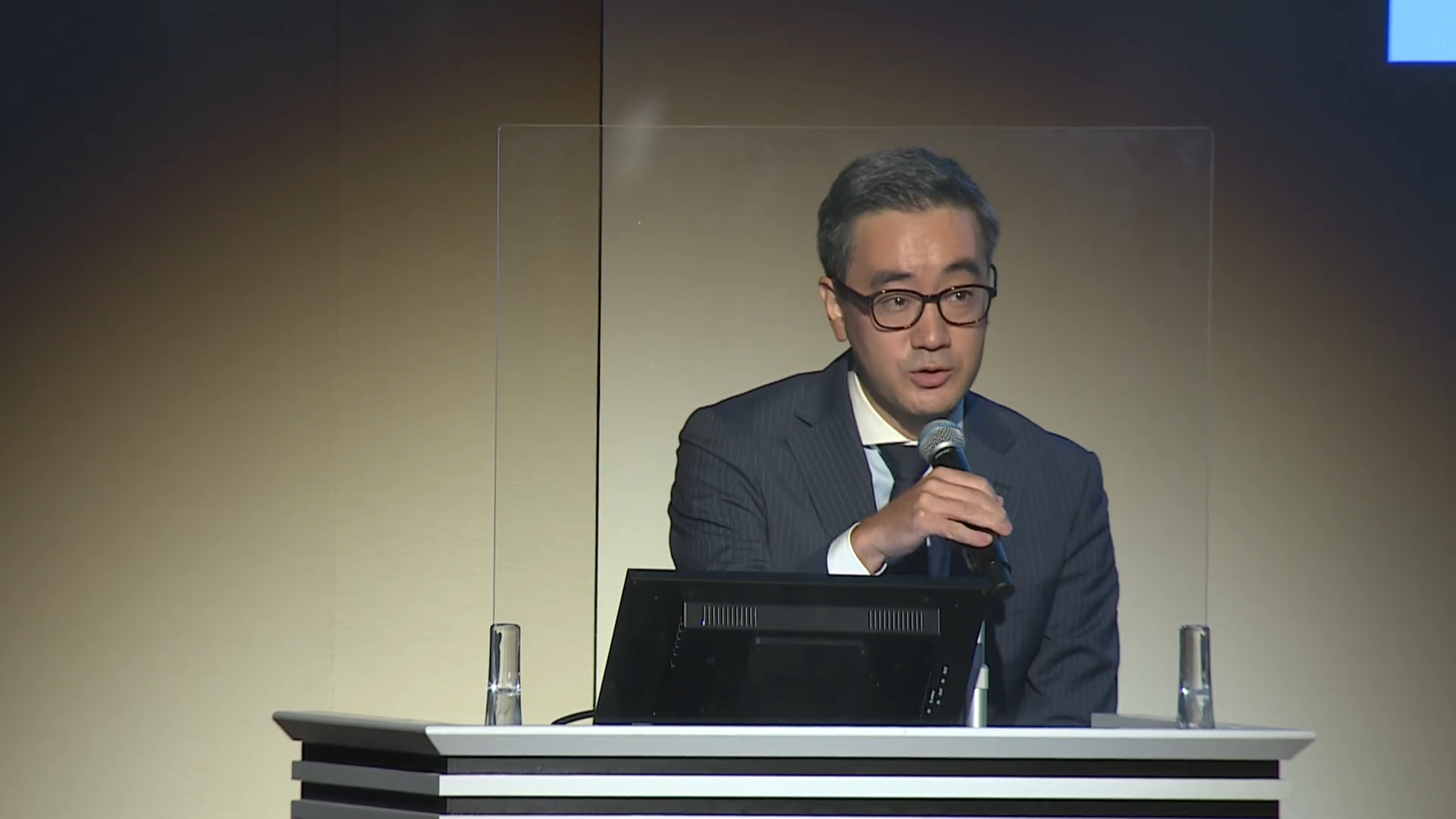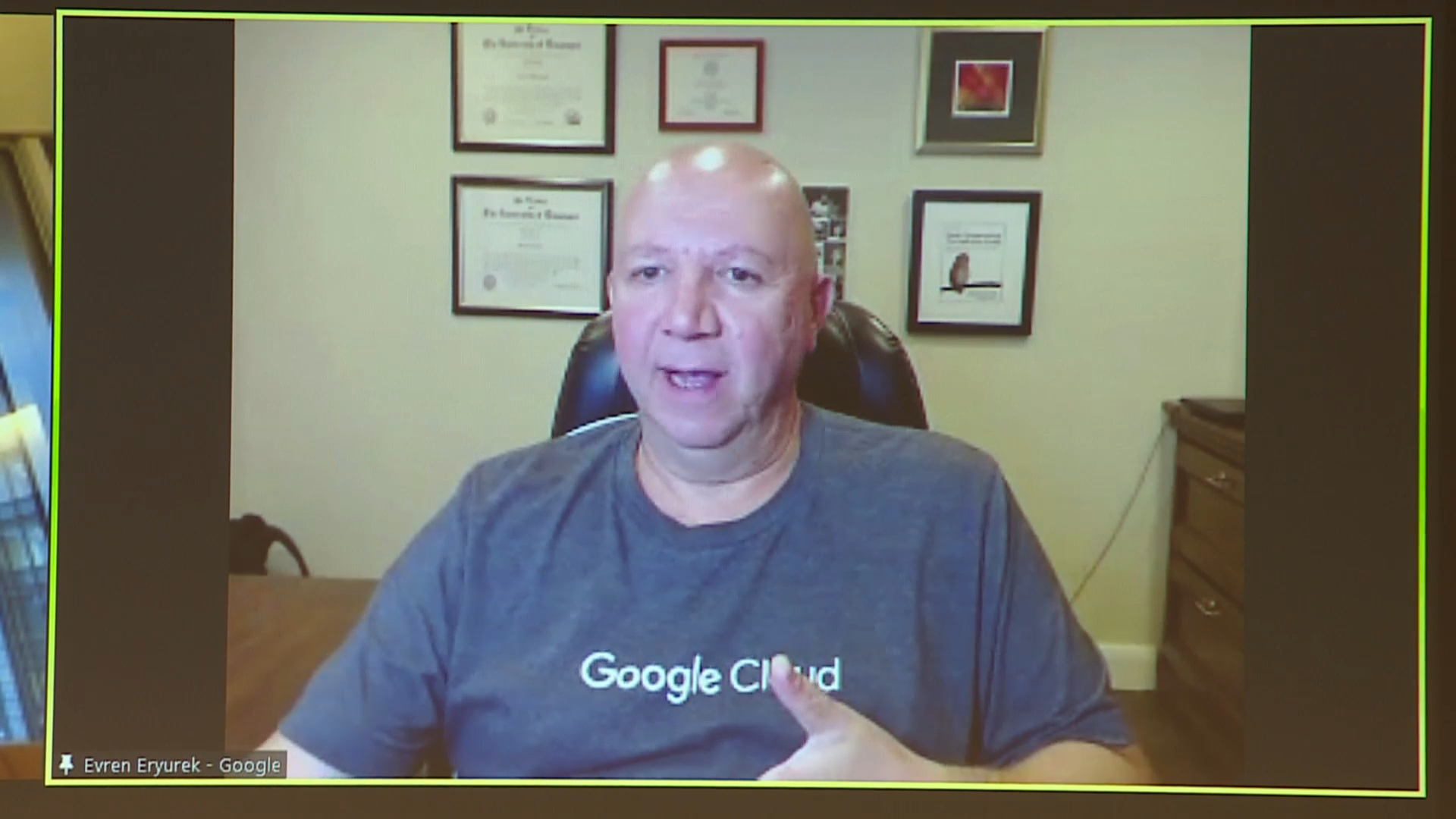Spotlight on Bio Japan 2021: How Data Governance Can Prepare Us for The Future in Global Healthcare
In the post-Covid era, healthcare and digital platforms are inseparable from ensuring rapid access, monitoring and enforcement of disease control. Going forward, digital healthcare can also provide valuable and personalized solutions to individuals to monitor and maintain their health.
At the PACIFICO conference in Japan, experts from industry, academia and government shared their experiences moving healthcare to digital management and sharing platforms. In a session titled “Data governance: its importance in digital healthcare,” key leaders from public and private sectors discussed the growing role of digital data in transforming healthcare. They also reviewed the measures to be taken by industries, governments and individuals to ensure fair use, security, protection and equitable healthcare solutions for all. The panel consisted of :
- Prof. Makoto Suematsu, Professor, School of Medicine, Keio University
- Keiichi Sato, Senior Director, Financial Services and Healthcare Industry
Industries Transformation, Salesforce - Mr. Takuma Inamura, Director, Healthcare Industries Division, Ministry of Economy, Trade and Industry (METI)
- Dr. Evren Eryurek, Director of Product Management at Google
Benefits of Global Data Sharing in Healthcare
Recalling the success of the network of Event Horizon Telescopes to capture the first image of the blackhole in 2020, Prof. Suematsu argued for a similar international multicentre collaboration to share patient data, which can help clinicians across the world treat their patients better. He mentioned Japan’s Initiative on Rare and Undiagnosed Diseases (IRUD) as a step in the right direction, an internationally compatible, comprehensive medical network that helps doctors share case data on undiagnosed cases and leverage the experience of others.
The Covid-19 pandemic has showcased the need for sharing data in real-time, as it was made mandatory for researchers to publish their work on pre-print servers while still in the process of submission and peer-review at scientific journals. This enabled fellow scientists to update and modify their work quickly.
Prof. Suematsu shared that data sharing from Keio University and other hospitals during the Covid-19 pandemic helped analyze the prevalence of different variants at different points during the multiple waves of infection, which was crucial for the government to assess the success of their disease control programs. Data helped assess hospitals’ preparedness to treat severe cases at the community level.
He was optimistic that more rigorous data collection could fill the information gaps for a more robust digital healthcare infrastructure. He urged more collaboration between public and private stakeholders to improve digital healthcare.

Data Sharing and Management is Crucial to the Future of Healthcare
Sato introduced Salesforce as a healthcare business service provider to build solutions for clients using e-commerce, data analytics and intergration from multiple platforms. With the vision that business drives change and innovation, Salesforce has experience with building the digital infrastructure for life science/ healthcare industries and multiple governments.
During the Covid-19 pandemic, Salesforce provided support to distribute vaccines and healthcare supplies globally. With a renewed focus on connectivity, collaboration and personalization for healthcare due to the pandemic, Salesforce imagines a highly connected ecosystem of industries (hospitals, payers, insurance), stakeholders (individuals, communities, employers), and experiences (patient access to onsite/mobile services) which can be developed to improve costs and healthcare outcomes.
Integration of data from multiple platforms onto Salesforce’s Health Cloud 360 enables the extraction of specific datasets relevant to users’ needs. He mentioned the success of the Cloud 360 in the State of Rhode Island’s pandemic response where they collated infection rates, quarantine, vaccines, caseloads, hospitalizations, etc. Amgen’s patient support platform is supported by Salesforce to enhance patients’ adherence to drug regimens to monitor and compare the effects of multiple therapeutics to improve patient care.
He discussed the evolution of data governance in healthcare by ERP (Enterprise Resource Planning) in the 1960-70s, to HER (Electronic Health Records) in the 2000s to Cloud-based systems of today. Reviewing the challenges of digital healthcare systems, he said that analysis and engagement with available data is important to get maximum benefits. Integrating massive and complex datasets are not simple and widespread and companies are reluctant to change their IT infrastructure to upgrade and integrate data.
Salesforce provides end-end connections, standard-based exchange, and open APIs (Application Programming Interface) to help users with integration. Humana, a healthcare company in the US employs the Salesforce cloud to coordinate clinical and non-clinical systems to provide integrated care and healthcare administration.

Building Healthcare Infrastructure with Digital Health Records
Inamura spoke about how personal health records can be the starting point of building a digital healthcare system. Digital healthcare has grown 30% annually in the US and 15% in Japan. As per an OECD survey in 2017, Japan ranked low in readiness for digital data utilization and multiple measures have been undertaken since then, to improve digital healthcare infrastructure.
Combining annual health check-up records, drug prescriptions and Imaging data can be used in medical institutions and care facilities to help them with patient care. Smartphones, electronic health records from wearable technology, records from hospitals can provide continuous logs for individuals. Individuals can also combine their data from insurance claims, checkups and personal wearable tech to manage heath and assess risks for the future.
Inamura emphasized that patient consent and security are important and must be strictly adhered to when collecting and sharing data. Based on a METI survey, up to 90% of doctors appreciate the value of lifelog data to make better patient decisions. But it needs to be standardized and should include some examples and evidence to increase user awareness.
Business providers who work with personal health records need to ensure consent, data protection, and portability to government databases. In the future, standardized data formats, guidelines for evidence-based health recommendations and certifications for adherence to rules will need to be established.

Data Governance is a Powerful Tool
Dr. Eryurek discussed some of the data governance principles from his book, Data Governance- The Definitive Guide. The amount of data available is enormous and grows exponentially. So, a robust data governance system is a valuable tool and crucial for any organization. Johns Hopkins University’s real-time global Covid tracker was extremely helpful in fighting the pandemic. It was enabled by international collaborations and leveraging multiple databases.
He defined data governance as a combination of understanding data volumes and complexity, implementation of regulatory compliance with governments, risk assessment, ability to help with decision-making, and control of data usage. It enables multiple processes, groups of people, and technologies to drive better solutions and is beneficial to many industries.
Organizations are fearful of putting a governance module in place. Still, they can grow immensely with successful data governance because it helps them improve their operations, security and compliance, customer satisfaction and decision making. For example, the genomics community has enabled precision and personalized medicine due to extensive data sharing.
To ensure an optimum data governance system, organizations need to identify key people who will set the rules and policies for data handling. He defined many types of data users like data owners, auditors, data analysts and privacy tsar responsible for how an organization deals with big data. These approvers enforce the policies and users who have access to the data.
Discovery and classification of data, maintenance of data quality in terms of sources, accuracy and completeness are of utmost importance. He argued for building a culture of data privacy and security with training and communication to build trust.

Overcoming Challenges in Data Governance
During the panel discussion, Eryuhek shared his opinion on how big data science can help understand and analyze vaccine gaps among countries. The Google Cloud hosts several powerful tools that can help with data analyses. However, Google does not collect data. It only supports data sharing and hosting; the experts in the field can leverage the data and tools to understand local and global trends.
Inamura tackled the issue of how the METI intends to support a culture of data management and said that each ministry has its data organization system and will need to be ported onto a common platform. He also responded that Japan’s government has a mix of top-down and bottom-up approaches to encourage preparedness and utilization of the digital healthcare framework. Collaboration between ministries has improved since 2015. Research and healthcare partnerships have gone up since the Covid pandemic and hopefully will enable quicker uptake of centralized data infrastructure.
Responding to potential benefit/incentive for individuals to allow their information to be used by business/platforms, Sato mentioned the example of Estonia, where citizens have full access to their medical data, insurance coverage status and optimal medical facilities available. Currently, Rhode Island and Estonia are good examples of the benefits of cloud-based data sharing for healthcare solutions so that better systems can be built for more significant economies.
©www.geneonline.com All rights reserved. Collaborate with us: service@geneonlineasia.com








